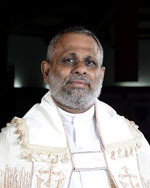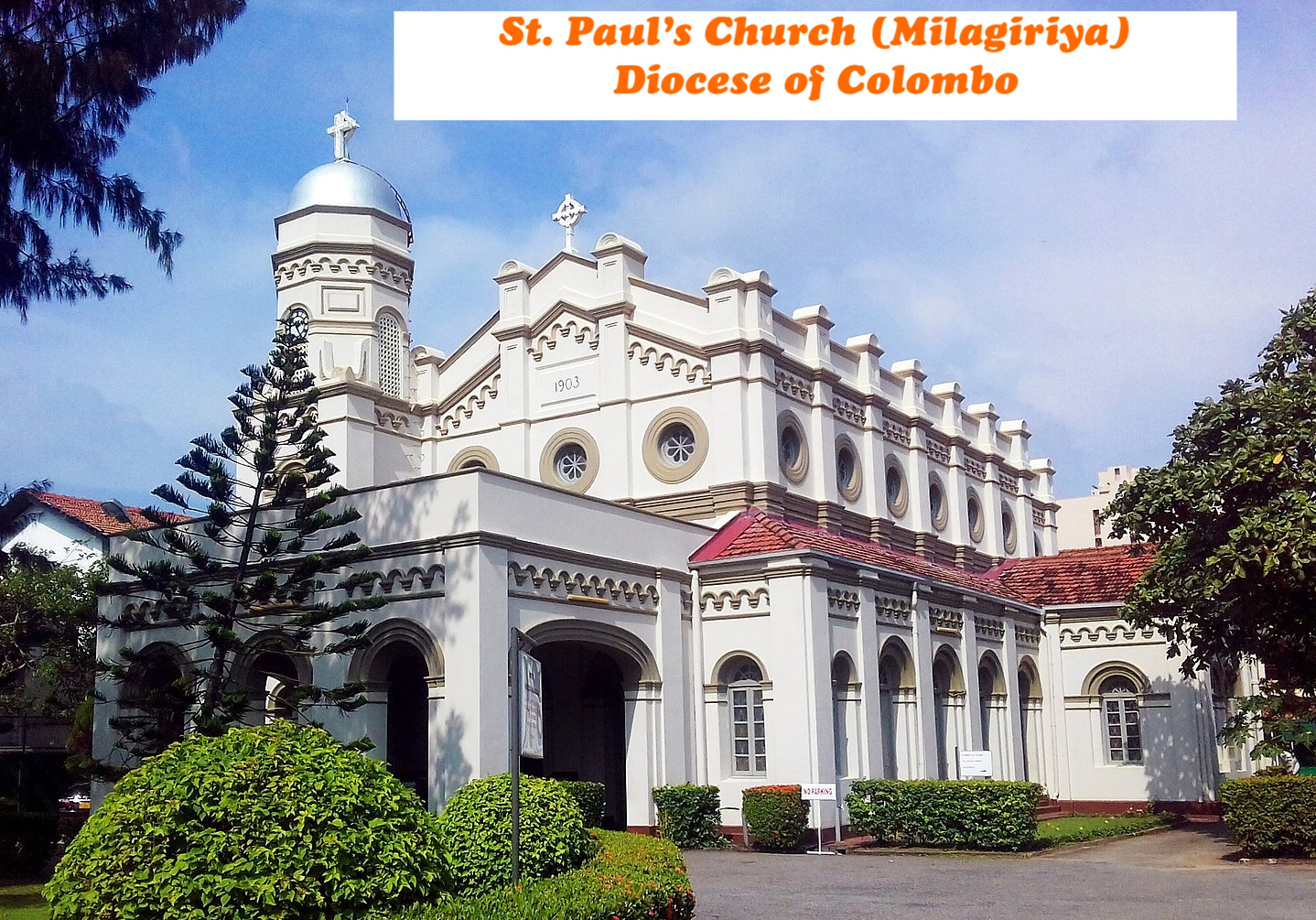A theoretical framework for analysing the history of the Christian Community in Sri Lanka (in the Sinhala Buddhist background)
A theoretical framework for analysing the history of the Christian Community in Sri Lanka (in the Sinhala Buddhist background)
Christianity as an agent of social change – The Rt Rev’d Keerthisiri Ferando
A theoretical framework for analysing the history of the Christian Community in Sri Lanka (in the Sinhala Buddhist background)

The Rt Rev’d Keerthisiri Fernando (Sinhala කීර්තිසිරි ප්රනාන්දු හිමිපාණන්) is the sixth Bishop of Kurunegala,Sri Lanka of the Anglican Church of Ceylon. He is an expert in inter-faith dialogue and has written extensively on Christian-Buddhist relationships.
A sociological analysis with theological implications and repercussions
Change is an ever-present sociological reality within society. The sociological force called change takes many faces in society with the existing phenomenon in context. Change can come about within a particular community, due to outside factors impinging on a particular community, or as a result of contextual realities within society. Regarding change Paul B. Horton and Chester L. Hunt have noted,
“All societies change continuously. New traits appear either through Discovery and invention, or through diffusion from other societies.”
The findings of the history of Christianity in Sri Lanka can be understood in the light of the many faces of this sociological reality called change. Explaining this reality of change in the society and religion Weber has observed,
For every religion we shall find that a change in the socially decisive strata has usually been of profound influence.
Primarily, Christianity was introduced to Sri Lanka as a colonial reality. When a country is being colonised it is a time of great change. The colonial power initially had a number of intentions towards the countries that it was colonising. These included social, political and economic intentions . Within the category of the social intentions of these colonialists, culture became a very important factor. Especially in Asian countries such as Sri Lanka traditional religions became an integral part of the culture, and these religions played a vital role in forming the culture of that society. For instance, in Sri Lanka from the 3rd century BC onwards, Buddhist monks were considered as the mentors of society. This background of Buddhism within the culture of the Sri Lankan Sinhala people did not create a supportive atmosphere for the colonial powers to achieve their social, political and economic ends, and so the Western colonialists often used Christianity to deculturise local people to the Western ways in order to realise their social, political and economic goals in the colonies. In this manner Christianity became a force of change in changing the culture of the people of Sri Lanka and helped to promote the Western cultural patterns in this country. A good example of the above is the way in which Christian missionary education produced local people who were able to run this colony according to the values and attitudes of the colonial government, especially the British.

